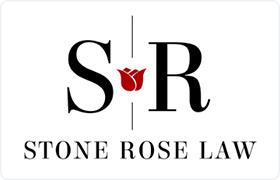Ash Fork DUI-DWI Lawyer, Arizona
Sponsored Law Firm
-
 x
x

Click For More Info:
-
Stone Rose Law
8010 E McDowell Road Suite 105 Scottsdale, AZ 85257» view mapCriminal Defense High-Quality & Affordable Representation
If you have been charged with a crime, you need experienced representation from a Phoenix criminal lawyer at Stone Rose Law.
800-964-0510
Not enough matches for Ash Fork DUI-DWI lawyer.
Below are all Ash Fork Criminal lawyers.
M Alex Harris
Juvenile Law, Other, Public Schools, Criminal
Status: In Good Standing Licensed: 28 Years
Daniel F Furlong
DUI-DWI, Criminal, Bankruptcy, Bankruptcy & Debt
Status: In Good Standing Licensed: 43 Years
Brian G Pursell
Litigation, Family Law, Divorce & Family Law, Criminal
Status: In Good Standing Licensed: 15 Years
 Steven Scharboneau Scottsdale, AZ
Steven Scharboneau Scottsdale, AZ Practice AreasExpertise
Practice AreasExpertise
